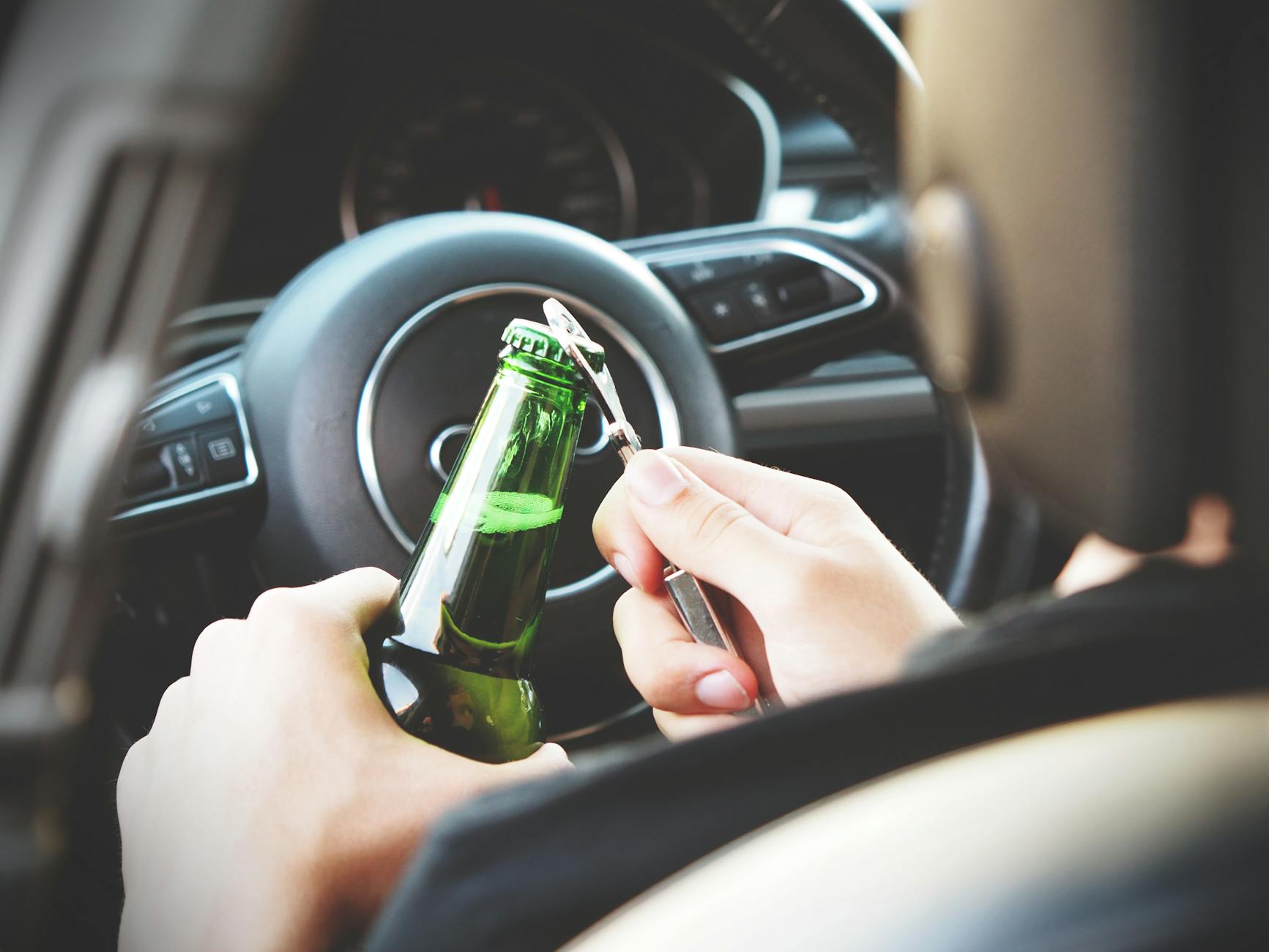Unravel the mystery of just how many beers it takes to feel good and find out the surprising answer!
Table of Contents
Have you ever wondered how many beers it takes to get drunk? It’s a common question that many people have pondered at some point in their lives. In this blog post, we will delve deep into the science behind alcohol metabolism, individual tolerance levels, and various factors that influence intoxication. Let’s explore the intriguing world of alcohol and its effects on the body.
Understanding Alcohol Metabolism
Alcohol metabolism is a complex process that occurs in the body after consuming alcoholic beverages. When you drink alcohol, your liver works to break it down into acetaldehyde and then into acetate, which is eventually converted into carbon dioxide and water. The rate at which alcohol is metabolized can vary depending on factors such as age, gender, weight, and genetics.
Blood Alcohol Concentration (BAC) is a key indicator of intoxication levels. The higher the BAC, the more impaired a person is likely to be. Factors like the amount of alcohol consumed, the speed of consumption, and whether or not food is eaten while drinking can all affect BAC levels.
Individual Tolerance Levels
Tolerance to alcohol refers to how well your body can handle alcohol without becoming intoxicated. Factors that can influence tolerance levels include how frequently you drink, your overall health, and whether you have any underlying medical conditions. It’s important to note that tolerance levels can vary widely between individuals and can also change over time.
Some people may have a higher tolerance to alcohol due to genetic factors, while others may be more sensitive to its effects. Understanding your own tolerance level is crucial for responsible drinking and knowing your limits.
Influencing Factors on Intoxication
There are several factors that can influence how quickly you become drunk after consuming alcohol. The type of alcohol you drink, the alcohol by volume (ABV) percentage, and whether you mix different types of drinks can all impact intoxication levels.
Additionally, the speed at which you consume alcohol plays a significant role in how quickly you feel its effects. Drinking on an empty stomach can also accelerate intoxication, as food helps to slow down the absorption of alcohol into the bloodstream.
It’s important to remember that everyone’s body reacts differently to alcohol, so what may cause someone to feel drunk after a few beers may not have the same effect on someone else. Knowing your own limits and practicing moderation is key to enjoying alcohol responsibly.
In conclusion, the number of beers it takes to get drunk can vary depending on a variety of factors, including alcohol metabolism, individual tolerance levels, and influencing factors on intoxication. By understanding the science behind alcohol consumption and knowing your own limits, you can enjoy alcohol in a safe and responsible manner. So next time you reach for a beer, remember to savor it and drink mindfully. Cheers to a better understanding of the magic number of beers needed to get you feeling good!
Frequently Asked Questions
Question 1: How many beers does it take to get drunk?
Answer 1: The number of beers needed to get drunk varies for each individual and depends on factors like metabolism, tolerance, and alcohol content. It’s essential to drink responsibly and know your limits to avoid overconsumption.
Question 2: Can genetics affect alcohol tolerance?
Answer 2: Yes, genetics can play a role in alcohol tolerance. Some people may have genetic variations that make them more or less sensitive to alcohol’s effects, influencing how many beers it takes for them to feel intoxicated.
Question 3: Does food consumption impact intoxication levels?
Answer 3: Eating food while drinking can help slow down the absorption of alcohol into the bloodstream, potentially reducing intoxication levels. Drinking on an empty stomach can lead to quicker intoxication, so it’s advisable to have a meal before or during alcohol consumption.
Question 4: How does alcohol by volume (ABV) affect intoxication?
Answer 4: The higher the ABV percentage of a beverage, the more alcohol it contains. Consuming drinks with higher ABV can lead to quicker intoxication, so it’s important to be aware of the alcohol content of what you’re drinking and pace yourself accordingly.


Leave a Reply